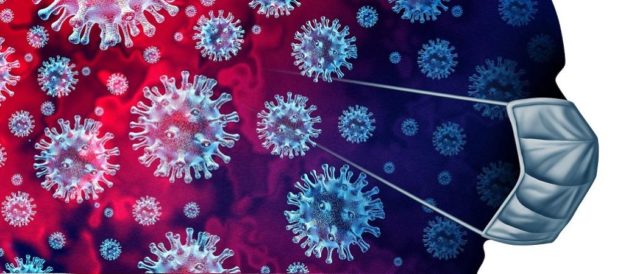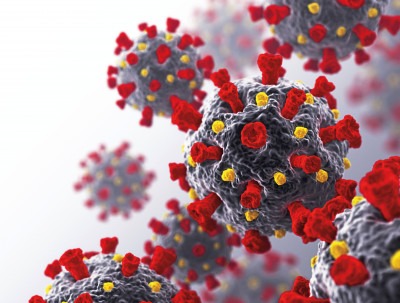
The number of deaths from Acquired Immunodeficiency Syndrome (AIDS) continues to decline and access to treatment improves, but this progress could be compromised in the coming months due to the COVID-19 Pandemic, declares the Joint Program of the United Nations on HIV / AIDS (UNAIDS).
In 2019, 690,000 people died worldwide from AIDS-related diseases, up from 770,000 in 2018 and 1.7 million in 2004, when the Pandemic’s peak occurred. The number of HIV-positive people with access to antiretroviral treatments also continues to rise, with 25.4 million patients from a total of 38 million, that is, two-thirds of the total, a historical percentage.
But COVID-19 could reverse the trend, the UNAIDS annual report warned. “According to recent modeling estimates, complete discontinuation of antiretroviral therapy for six months could lead to more than 500,000 additional deaths from AIDS-related opportunistic diseases, such as tuberculosis, in sub-Saharan Africa in 2020-2021,” the UN agency said.
“At a time when the spread of the Novel Coronavirus threatens to saturate the health system and confinement induces displacement and puts the economy under strain, people living with HIV and those most exposed to contracting it, are victims of interrupted health services and the fight against this disease, the UN agency stated.
No access to specialized treatment

This interruption could frustrate the 2020 commitments, which are summarized in the formula: 90-90-90, that is, that 90% of people with AIDS are aware of their condition, that 90% of the latter are under treatment and that 90% of this group achieves an undetectable viral load. In 2019, these percentages were 81%, 82%, and 88%, with marked regional disparities.
UNAIDS was further alarmed at the consequences of confinement and border closures on “medicine production and distribution”. “We estimate that the final cost of antiretroviral treatments produced in India (where most generic drugs are manufactured), could skyrocket by 10-25%,” according to the report.
“As the HIV Pandemic previously showed, the COVID-19 Pandemic highlights the fragility of our world, including persistent economic and social inequalities,” writes UN Secretary-General Antonio Gutierres in the introduction.
In 2019, 1.7 million new infections with the AIDS Virus were registered in the world, that is, a 23% drop since 2010. “This is largely explained by a significant decrease of 38% in East and Southern Africa, but at the same time there was an increase of 72% in Eastern Europe and Central Asia, 22% in the Middle East and North Africa and 21% in Latin America,” said UNAIDS Executive Director Winnie Byanyima.
“We will not reach the 2020 goal of reducing the number of deaths and the number of new infections to less than 500, 000,” the report lamented. The publication of the report coincides with the start of the International AIDS Conference, organized this year online due to the COVID-19 Pandemic.

